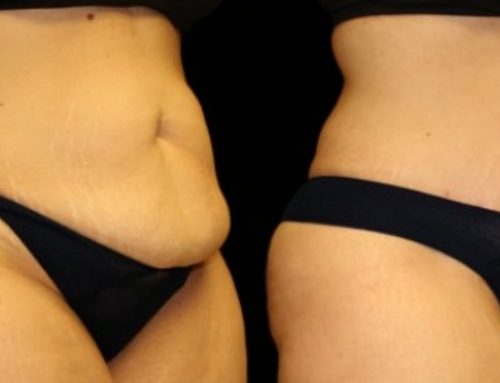No narcotics after a tummy tuck, are you crazy?
In response to the opioid crisis in America, the US government asked physicians to consider prescribing less narcotic medication. This ask included reducing the number of narcotics patients were given after surgery. Some even went as far as suggesting no narcotics after surgery. I felt trying to reduce the number of pills prescribed was a good idea, but I didn’t feel that I gave that many pills out to begin with. No narcotics after surgery seemed unreasonable because there is pain after surgery, just ask anyone who has had surgery.
While Opioid pain medications are great for pain relief, they frequently have side effects that are not so great. Constipation is one of the most common ones and can be quite severe. Other issues range from a vague sensation of feeling “weird” while taking them to more concrete problems like nausea, dizziness, itching and in some cases inability to sleep due to feeling “wired”. Beyond these side effects, there are some individuals who can become physically addicted after their first exposure to opioids. All the more reason to limit opioid use or to avoid their use all together if possible.
Over the years, I had attended several lectures on non-narcotic recovery after surgery but found it hard to believe that anyone could recover without narcotics given the type of procedures I perform. Withholding a narcotic after surgery seemed like cruel and unusual punishment and a misuse of modern medicine even if the goal was noble. I was specifically concerned about how my tummy tuck patients would do. Then, as fate would have it, soon after one of these lectures I saw a patient for a tummy tuck who had a family history of addiction and did not want to have any narcotics after surgery. I told her I was concerned that she might not do well but that there were non-narcotic regimens we could try.
These regimens involve taking multiple medications several hours before surgery and then taking them regularly for 3- 5 days after surgery whether you are hurting or not. Each medication works to block different pain pathways. Working in concert they can provide very effective pain relief. This was indeed the case with my patient as she did remarkably well on this regimen. I subsequently started using it on more of my tummy tuck patients with similar success and then started using it for other typically less painful surgical procedures. Although I have found it works well in the majority of patients it does not work in everyone. At times I do have to prescribe an opioid for a few days but generally the amount I am giving is much less.
It is important to understand that each of us has a unique way in which we experience and deal with pain. The type of procedure you are having, your previous experiences with pain and your medical history all factor into what you may feel and consequently what medications you may need after surgery to control your pain. Given so many variables it is difficult to accurately predict what you specifically will experience after a particular procedure. As a consequence, it is incumbent on you and your surgeon to have an open discussion about what to typically expect and what options for pain control you are comfortable with. This is just a starting point.
Flexibility after surgery is critical if pain control is not adequate or the side effects of pain medications are not tolerable. The expectation of having no pain after surgery in not a reasonable expectation. Your pain level should be manageable with the proper medication; hence, the concept of pain management.
Our team would be happy to go over your options and create an individualized plan for you through an in-person cosmetic consultation. To schedule a consultation, contact us.





